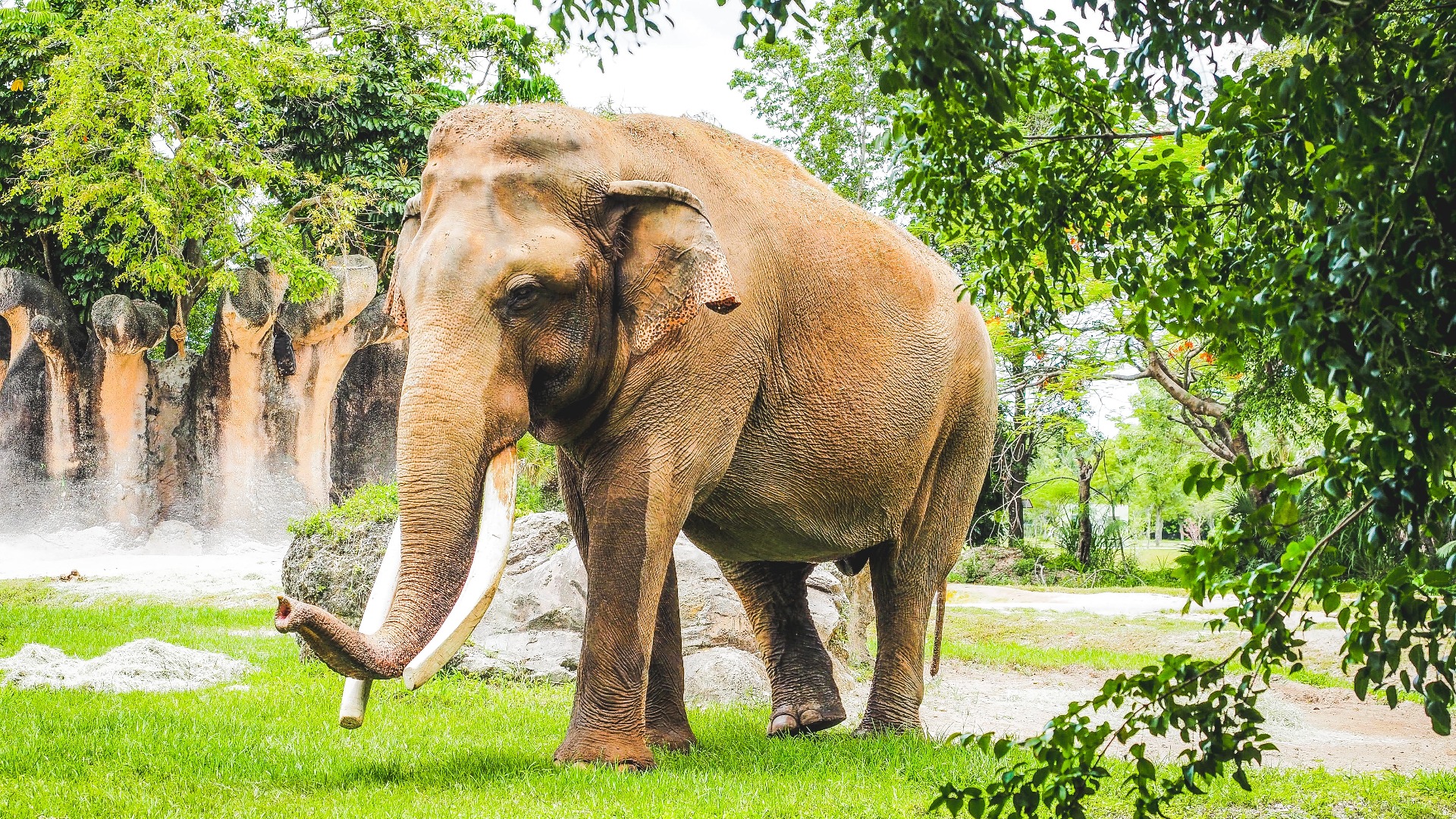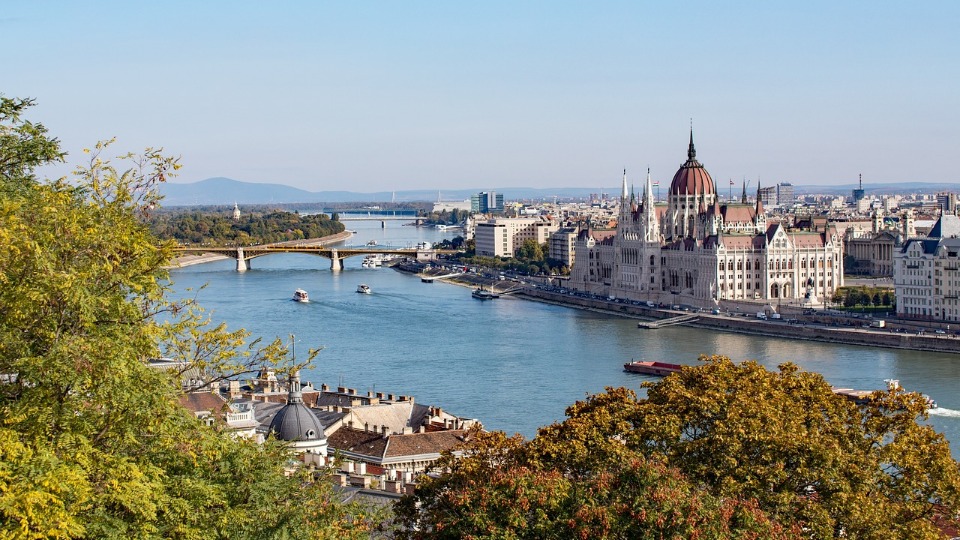
Thailand's resurgent tourism highlights elephant abuse

As tourism grows, activists raise concerns about the condition of the country's captive animals.
After two years of travel restrictions caused by the COVID-19 outbreak, tourism is returning to Thailand, and elephants are a prominent tourist attraction. Thailand is home to around 3,000 wild elephants and up to 3,800 captive ones, but many of them are in poor condition, according to specialists.
According to a 2020 research by World Animal Protection, an international animal rights group headquartered in the UK, the elephant tourism sector produced up to $770 million per year prior to the Covid-19 outbreak. While Sri Lanka and India have been repeatedly under the spotlight for their inhumane treatment of captive elephants, observers believe the situation is grim also in Thailand, which shelters about three-quarters of Asia's elephants in the tourism business.
As animal experts declared, the Covid-19 pandemic worsened the situation of captive elephants due to the lack of revenue. The animals went hungry, as only one elephant requires several hundred dollars in food per month.
“Before Covid, elephant tourism made huge amounts of money for Thai people. Then everything stopped: no tourists, no income. But elephants have to eat, and with no income they were stuck in that situation for almost two years. I saw a lot of elephants die,” explained Nitipon Piwmow, member of the Thai Parliament and animal rights activist.
Thailand registered a 135% rise in the number of elephants living in the most deplorable circumstances between 2010 and 2020. Here the animals are forced to paint, swim, do stunts, or carry tourists around. They spend their free time chained and caged. With time, their spines become deformed due to too much weight and unnatural movements. Moreover, the extremely cruel “crush method” is used to habituate the animals to human presence.
Best Atthakorn from the Wildlife Friends Foundation Thailand commented about the elephant swimming practice:
“If the elephants want to go swim by themselves and the people just go join them it is good. But if every time the tourists want to come to shower with the elephants and the mahout (elephant handler) has to use a hook to pull on their ear and bring them to the lake or the pool, I don’t think it is good at all. [...]
“Sometimes, they chain the elephants in the elephant camps and then when we rescue them here, it has already been a few years, but they still feel used to the chain.”
Wild elephants are currently protected in Thailand, according to the Animal Welfare Act 2014, yet animals living in captivity can be sold, bred and employed for different labours. Moreover, it is illegal to free an elephant back into the wild once it has been rescued, so we’re talking about a vicious circle that seems almost impossible to break in order for the animals to regain their welfare.
On the other hand, sanctuaries began emerging, with the hope of protecting these majestic animals. In addition to receiving government funding, the sanctuaries also attract tourists, who are also their primary source of income.
Asian elephants were declared endangered by the International Union for the Conservation of Nature. In spite of this classification, the tourism industry still uses them for profit, while allowing inhumane methods to tame the animals and make them compliant to their exploiters.
source: usnews.com








